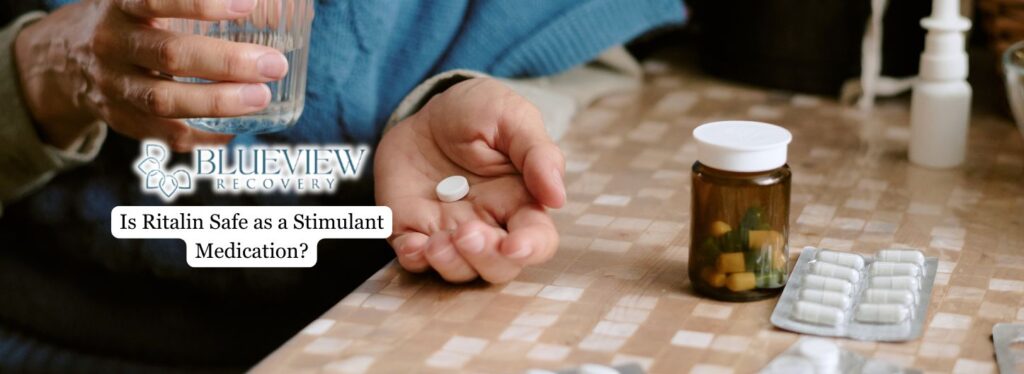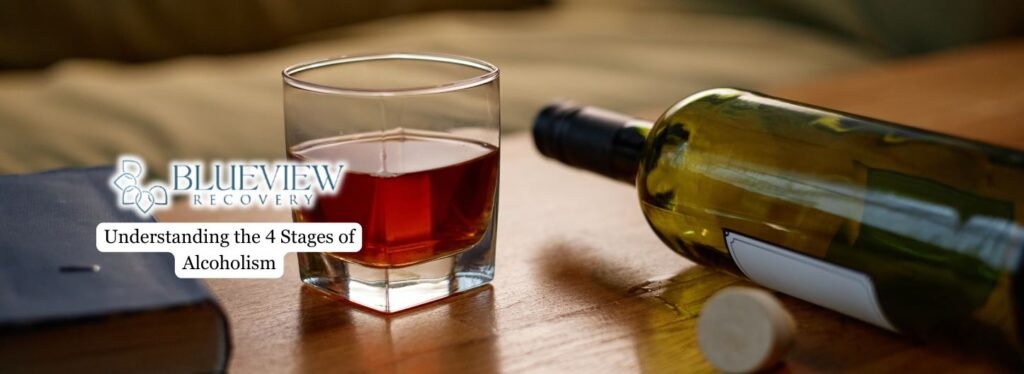Side Effects of K2 (Spice)

K2, or Spice, is a synthetic cannabinoid often marketed as safe but linked to severe health risks. Learn the short- and long-term side effects, overdose dangers, and why professional treatment is essential for recovery.
Is Ritalin Safe as a Stimulant Medication?

Ritalin is widely prescribed for ADHD and narcolepsy, improving focus and impulse control. This guide explains its benefits, side effects, risks, and safe use, along with treatment options for Ritalin dependence.
Does Ritalin Cause Anxiety?

Ritalin helps manage ADHD but may also trigger anxiety in some people. Learn how stimulants affect mental health, factors that influence side effects, and treatment options for managing both ADHD and anxiety safely.
The Role of House Managers in Sober Living

House managers in sober living homes oversee daily operations, enforce rules, and mentor residents. Their guidance, structure, and support create safe, drug-free environments that help individuals sustain sobriety and transition to independent living.
Understanding the 4 Stages of Alcoholism

Alcoholism develops in four stages: pre-alcoholic, early, middle, and late. Recognizing warning signs early can prevent progression, reduce risks, and make recovery more achievable with professional support.
Benefits of Sober Living for Addiction Recovery

Sober living homes provide a structured, supportive environment that bridges inpatient treatment and independent living, helping individuals build routines, accountability, and coping skills for lasting recovery.
How to Successfully Transition from Residential Rehab to Sober Living

Moving from residential rehab to sober living bridges the gap between treatment and independence, offering structure, peer support, and resources for lasting recovery.
Is Telehealth for Addiction Treatment Covered by Insurance?

Telehealth addiction treatment offers accessible virtual rehab options, with most insurance plans now covering online therapy, medication-assisted treatment, and support services.
Can K2 Use Lead to Permanent Psychosis?

K2, or “synthetic marijuana,” can trigger severe psychosis with paranoia, hallucinations, and agitation. While some recover, heavy or long-term use may lead to persistent or chronic psychiatric disorders.
Is K2 Addictive?

K2, or synthetic marijuana, is a dangerous and addictive drug with unpredictable effects. Learn about its risks, withdrawal symptoms, and treatment options for overcoming synthetic cannabinoid addiction.